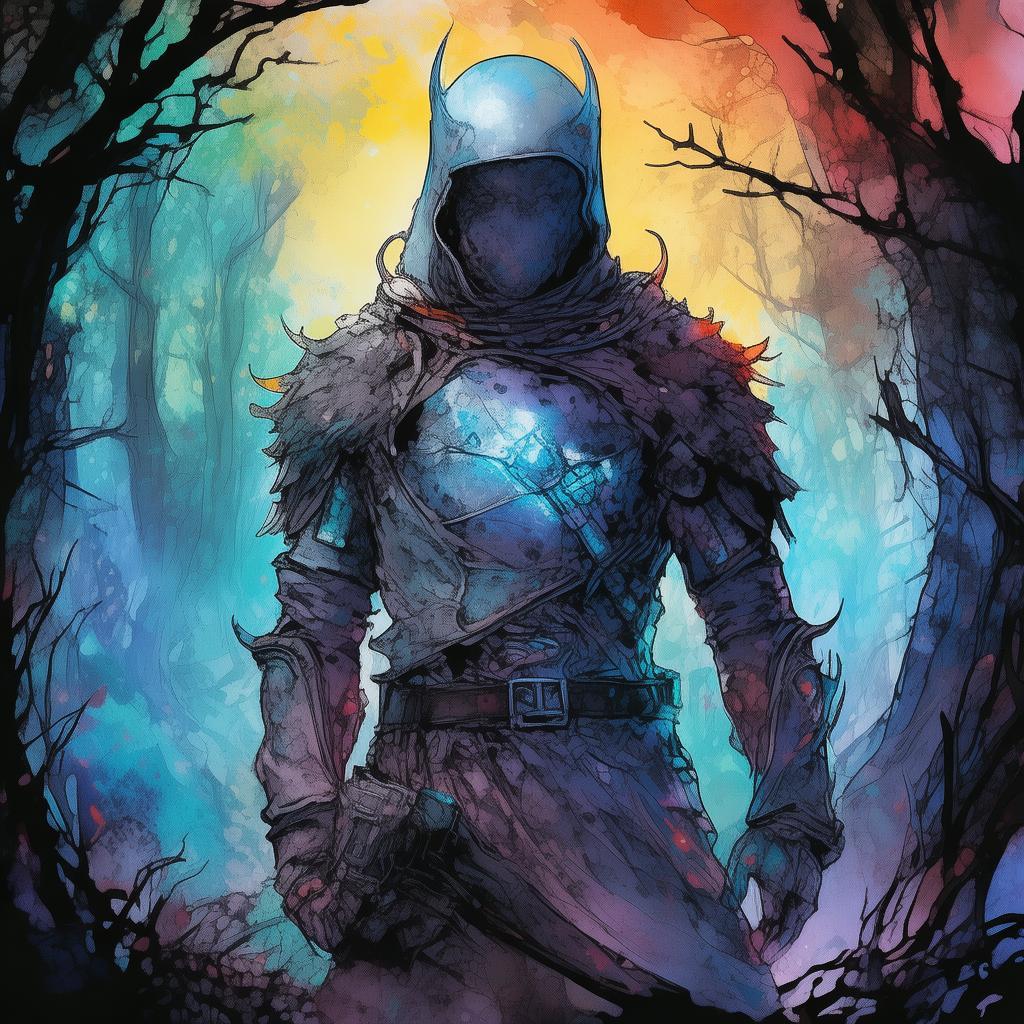The Starry Heist: The Moonlit Caper of the Celestial Thieves
In the ancient world, where the heavens were a tapestry of celestial wonders, there was a city that lay at the heart of a vast empire. Known as the Celestial City, it was a place where the divine and the mortal walked side by side, and where the line between the two was as thin as the gossamer threads that wove the night sky.
The city was ruled by the Emperor of the Heavens, a figure of immense power and wisdom, whose eyes were as keen as the stars they gazed upon. The Emperor was the guardian of the celestial realm, and his presence was felt in every twinkling light above. Yet, there was one thing that he could not protect—the Moon, the eternal beacon of the night.
The Moon was not just a celestial body to the people of the Celestial City; it was a symbol of purity and tranquility, a place where spirits found solace and the living found hope. It was said that the Moon held the secrets of the universe, and that those who could master its light would be granted the power to control the very fabric of reality.
But as the story goes, there was a group of thieves, known as the Celestial Thieves, who saw the Moon not as a sacred object, but as the ultimate prize. They were a band of misfits, each with their own reasons for seeking the impossible. There was the agile Aria, who could move with the grace of the wind; the cunning Lysander, whose mind was a labyrinth of deceit; and the silent Zephyr, whose presence was as invisible as the air itself.
The Starry Heist was planned with the precision of a celestial map. The thieves would infiltrate the Moon's orbit, using a network of hidden passages that had been carved into the very crust of the ancient world. But they were not the only ones who knew of the Moon's power. The Emperor, aware of the impending threat, had set a trap, a celestial labyrinth that would challenge the very essence of the Moon itself.
As the night of the heist approached, the city buzzed with anticipation. The streets were filled with whispers of the impending theft, and the air was thick with the scent of intrigue. The thieves, dressed in robes that shimmered with the light of the stars, made their way to the starting point of their audacious plan.
Aria, with her eyes reflecting the stars, led the way. She moved with the grace of a celestial being, her every step silent and precise. Lysander followed closely behind, his mind racing with the details of the plan. Zephyr, as usual, was a ghost among them, his presence known only by the subtle shift in the air around him.

As they reached the edge of the city, they were met with a challenge. The Emperor's celestial labyrinth was a maze of light and shadow, a place where the boundaries between the physical and the ethereal were blurred. The thieves had to navigate through a series of trials, each designed to test their resolve and their unity.
The first trial was a test of their unity. Aria and Lysander were separated, forced to work alone to solve their respective puzzles. Aria found herself in a room filled with mirrors, each reflecting the stars in a different way. She had to align them perfectly to open the next passage. Lysander, in a room of shifting shadows, had to find the path that led to the light.
Meanwhile, Zephyr faced his own challenge. He was transported to a realm of pure sound, where the whispers of the universe were the only guide. He had to listen for the truth among the lies, and find the path that would lead him back to his companions.
As the trials continued, the thieves faced their deepest fears and doubts. Aria questioned her own worth, Lysander his own sanity, and Zephyr his own existence. But through their struggles, they found a strength they never knew they had.
The final trial was the most daunting of all. They were brought before the Emperor himself, who sat upon his throne, surrounded by the glow of the Moon. The Emperor spoke to them, not as their enemy, but as a mentor.
"The Moon is not just a prize to be won," he said. "It is a test of your character. Only those who are pure of heart and strong of will can claim its light."
The thieves, now understanding the true nature of the Moon, faced their final challenge. They had to choose between their own desires and the well-being of the empire. In a moment of profound clarity, they chose the latter.
Aria, Lysander, and Zephyr returned to the labyrinth, their resolve unbroken. They faced the final test, a test of their unity and their love for each other. And in the end, they succeeded, not through force or cunning, but through their shared humanity.
The Starry Heist was a failure, but it was also a triumph. The thieves did not steal the Moon, but they did steal something far more valuable—their own hearts. They returned to the Celestial City, changed forever, but united in their newfound purpose.
The Emperor, recognizing their bravery and selflessness, decreed that the Moon would be a symbol of their unity, a reminder that even the most audacious of dreams could be achieved through love and understanding.
And so, the legend of the Starry Heist was born, a tale that would be told for generations, a story of the celestial thieves who dared to challenge the heavens and won not through power, but through the strength of their bonds.
✨ Original Statement ✨
All articles published on this website (including but not limited to text, images, videos, and other content) are original or authorized for reposting and are protected by relevant laws. Without the explicit written permission of this website, no individual or organization may copy, modify, repost, or use the content for commercial purposes.
If you need to quote or cooperate, please contact this site for authorization. We reserve the right to pursue legal responsibility for any unauthorized use.
Hereby declared.









